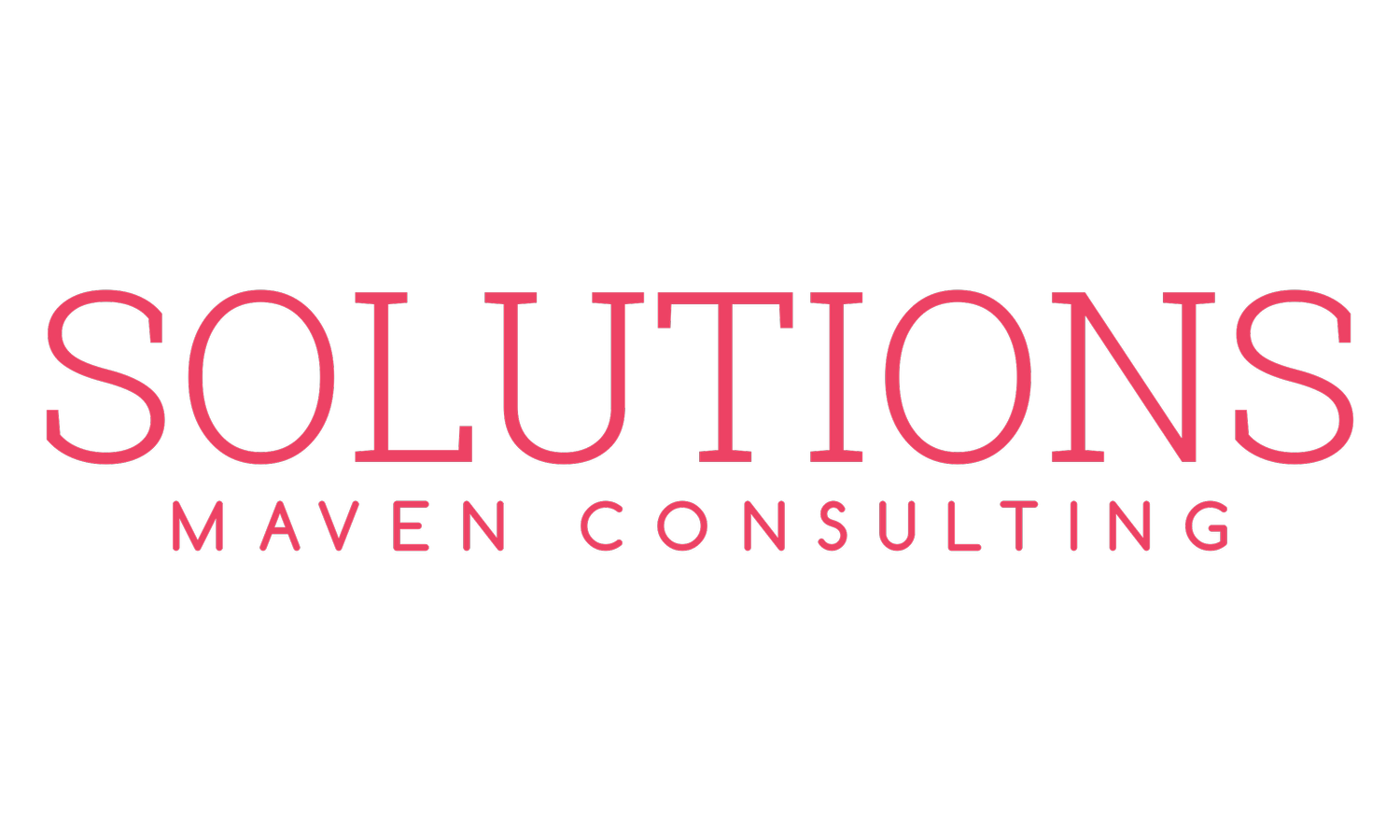Navigating Healthcare Compliance
Compliance is more than a box to check—it’s the foundation of ethical, high-quality patient care. Understanding and maintaining compliance is essential to protecting patients, staff, and your organization as a whole. Let’s break down the basics of healthcare compliance, the challenges many professionals face, and what it takes to stay on the right track for your practice.
What Is Healthcare Compliance?
Healthcare compliance refers to the process of following the laws, regulations, and ethical standards that govern the healthcare industry. It touches everything from patient privacy and data security to billing practices and conflict of interest disclosures.
Several major regulations shape compliance in healthcare. HIPAA, for example, ensures patient information is kept private and secure. Other integral healthcare regulations include the Affordable Care Act, which introduced a range of standards to improve the quality and accessibility of care, and the False Claims Act, which focuses on preventing fraudulent billing practices. At its core, compliance is about building a culture where legal and ethical responsibilities are understood and upheld every day.
Why Healthcare Compliance Matters
The consequences of non-compliance can be severe. Legal penalties, financial losses, damaged reputations, and even criminal charges can result from violations. But beyond the legal risks, compliance plays a critical role in maintaining patient safety and trust.
A strong compliance culture supports ethical care, promotes accurate billing, protects patient data, and builds credibility with both patients and regulators. In an era where healthcare is under more scrutiny than ever, transparency is invaluable.
Key Elements of an Effective Compliance Program
Effective compliance programs are proactive. They begin with leadership support and often include a designated team responsible for oversight. Clear, written policies and procedures are essential, ensuring that everyone in the organization knows what’s expected.
Regular training and education help staff stay informed and confident in their roles. Monitoring and auditing allow organizations to identify and address potential issues early. Reporting mechanisms—especially those that allow anonymous submissions—encourage staff to raise concerns without fear. And when something does go wrong, there should be a plan in place to take corrective action quickly and effectively. Compliance isn’t about one person or one department. It should be woven into the daily operations of the entire organization.
Challenges in Healthcare Compliance
Compliance is not a static process. Regulations change often, and staying current can be difficult without dedicated resources or outside support. Cybersecurity and data privacy have become especially complex as healthcare providers rely more heavily on digital systems and electronic health records. Billing errors, even unintentional ones, can lead to audits or penalties. Conflicts of interest can easily arise, especially in settings where financial incentives are present. And one of the biggest challenges of all is keeping every team member aware of their role in maintaining compliance. Without consistent communication and education, important details can fall through the cracks.
Best Practices for Staying Compliant
Staying compliant means staying engaged. Ongoing training is a must, not just during onboarding but throughout the year. Internal audits should be routine, not just reserved for emergencies. Fostering a culture of integrity and transparency goes a long way. When team members feel safe asking questions and reporting concerns, potential issues can be addressed early. And while regulations change frequently, staying informed through professional associations, newsletters, and compliance networks helps ensure your practice is always one step ahead.
Need Support?
Healthcare compliance is about more than following rules. It’s about building a system that protects your patients, your staff, and your organization from avoidable risks. It’s a long-term investment in doing things the right way—ethically, legally, and professionally.
If you’re unsure where to start or want to strengthen your existing compliance program, we’re here to help. Our team provides hands-on support, tailored training, and practical tools to make compliance manageable and sustainable. Reach out today and let us help you build a confident, compliant future.

